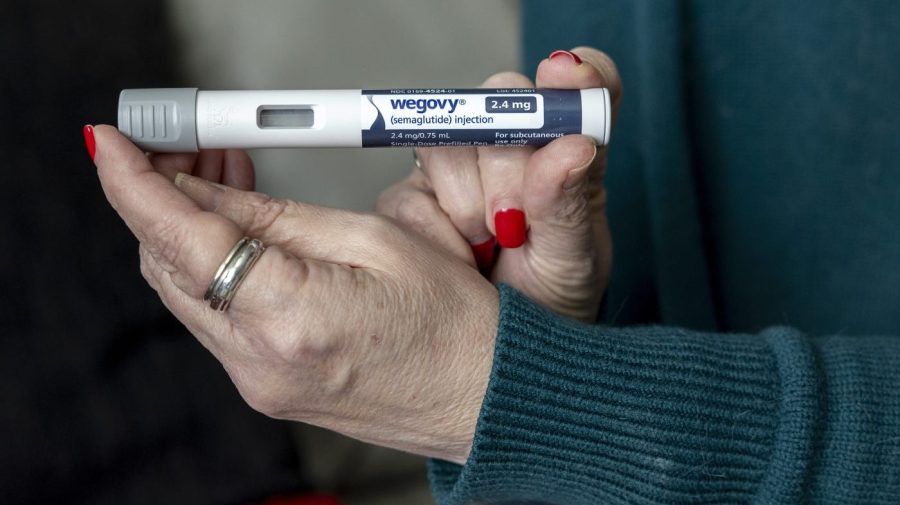The Food and Drug Administration (FDA) has issued warning letters to 18 companies for selling counterfeit or misbranded Botox-like products online. The FDA’s action follows an investigation by the Centers for Disease Control and Prevention (CDC) into 17 cases of severe reactions reported in nine states, resulting from counterfeit Botox injections.
These warning letters detail that all identified companies operated websites promoting products claiming to contain botulinum toxin, the active ingredient in Botox. The FDA emphasized the serious health risks associated with unapproved and misbranded Botox products. In a statement, FDA Commissioner Dr. Marty Makary stated, “Today we’re taking action to protect American consumers and prevent online entities from selling these dangerous products.”
Botox and similar neurotoxins are available only through prescriptions from licensed medical professionals. These injections temporarily paralyze muscles by blocking the release of a specific neurotransmitter. While often used for cosmetic purposes such as reducing wrinkles, they can also treat various medical conditions, including chronic migraines.
The FDA warns that products purchased online as Botox may not only be counterfeit but could also be mislabeled. Some may contain forms of botulinum toxin approved in other countries but not authorized in the United States. Notably, two companies received warning letters related to the sale of Innotox, a product sometimes referred to as “Korean Botox” on social media platforms.
Reports of individuals self-injecting Innotox purchased online without medical supervision have raised significant concerns. These products are frequently marketed at lower prices than traditional Botox, with some misleading social media claims suggesting they can be safely injected without professional assistance.
Medical experts have consistently warned about the dangers of this practice. Dr. Evan Rieder, a board-certified dermatologist, highlighted the risks associated with improper injection techniques, saying, “If there is actually botulinum toxin in the product and you’re just injecting it into the wrong places, you could have facial muscle weakness or facial muscle paralysis.” Such complications may not manifest immediately, potentially leading to severe outcomes over time.
Registered nurse and injector Molly O’Rourke shared her concerns, stating that patients might initially feel fine but later experience debilitating effects, including the inability to open an eye, which can be alarming. On the more severe side, Dr. Michelle Henry, also a board-certified dermatologist, cautioned that excessive botulinum toxin could lead to flaccid paralysis, affecting essential muscles, including those required for breathing.
When obtaining injections from a qualified medical professional, there are protocols in place to counteract adverse effects. However, individuals purchasing neurotoxin products from unverified online sources risk facing dire consequences without access to immediate medical intervention.
The FDA’s warning serves as a crucial reminder for consumers about the potential dangers of counterfeit medical products available online. With the growing trend of self-administration, public health officials stress the importance of seeking treatment from licensed professionals to ensure safety and efficacy.







